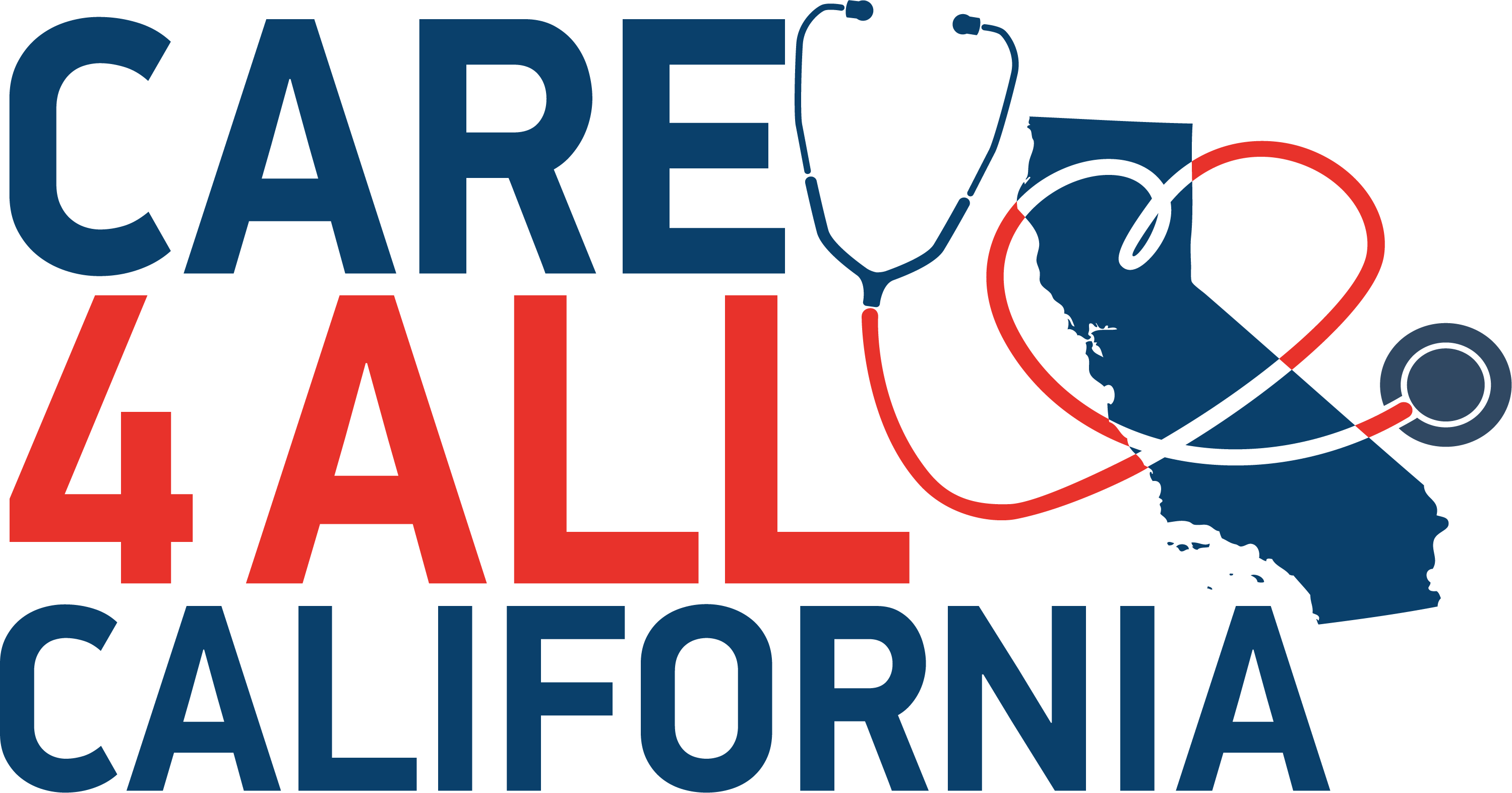AB 3087 uses proven strategy to prevent skyrocketing health care prices
SACRAMENTO – Sacramento, CA — A coalition of workers’ unions and health advocates joined Assemblymember Ash Kalra (D-San Jose) today to unveil legislation that delivers health care price relief for Californians and marks a major turning point in California’s leadership to put health care within reach of families by skyrocketing prices. AB 3087 was introduced Monday amidst new reports that concern over high health care prices resulted in more than 40 percent of Americans skipping a doctor visit when they were sick or injured in the last year. A recent survey from the University of Chicago found more than half of adults put off procedures or tests because of high costs.
“AB 3087, the Health Care Price Relief Act, is a breakthrough for Californians who are suffering from out-of-control health care prices,” said Assemblymember Kalra. “Reining in skyrocketing health care prices is the first step in any serious effort to deliver life-saving care to more Californians, and relieve the pressure that soaring healthcare costs place on working families. We must act now before prices become unsustainable, not just for working families and their employers, but for our healthcare system overall.”
“Year after year, health care costs go higher and higher,” said Nicholas Javier, a server at the Westin St. Francis in San Francisco and a member of UNITE HERE Local 2. “During each contract negotiation, health care eats up more and more of what should be our raises and retirement savings – and it’s even worse for non-union workers. When I used to work at a non-union hotel, I had coworkers who were paying hundreds of dollars per month for family coverage. Health care prices seem to change arbitrarily and without limit – and workers deserve better than that. That’s why UNITE HERE is co-sponsoring AB 3087.”
Health care in the U.S. costs more and delivers less than any other advanced nation. Americans pay up to twenty times more for doctor visits and hospital procedures than other nations. Across California, prices for medical procedures are arbitrary and completely unrelated to quality; prices for the same procedures can vary widely in hospitals even next door to each other.
Exploding out of pocket costs for medical care is crushing workers and their families; deductibles have increased six times faster than wages since 2010. Desperate families are skipping health care as a result. What’s more, skyrocketing employer healthcare costs hurt both business and workers, with high costs exacerbating income inequality, taking the biggest bite out of low-and middle-income workers’ paychecks.
Compounding the unsustainable costs employers and families face, there is increasing evidence that hospitals and medical groups are using monopoly power to inflate prices, an anti-competitive practice that resulted in a recent lawsuit filed by California State Attorney General Xavier Becerra against Sutter Health in late March. “These tactics are risking Californians’ lives by driving up the cost of healthcare for everyone. Big business should not be able to throttle competition at the expense of patients,” Becerra said in a press release announcing the suit.
The Attorney General’s action followed a new report from the University of California, Berkeley, which found rapid consolidation of healthcare markets in California has led to rising healthcare costs for consumers throughout the state. The research found market consolidation in Northern California resulted in an average cost for an inpatient hospital procedure to exceed one in Southern California by more than $90,000.
“Medical monopolies are the only ones who benefit from skyrocketing prices; the rest of us are paying the price because we have no choice,” said Roxanne Sanchez, President of SEIU Local 1021 and SEIU California. “We are at a tipping point where change is necessary and possible with AB 3087. Californians shouldn’t have to be more worried about getting a health care bill than they are about getting a serious illness.”
Effective models for fair prices exist and work for consumers and health care providers alike. The U.S. Medicare system and advanced countries around the world establish fair prices that are affordable to consumers and allow providers a reasonable profit. Medicare has been setting health care rates for decades and has a transparent, public formula for establishing reimbursement rates for doctors, hospitals and other health care settings.
AB 3087 uses this existing model to establish reasonable health care costs for California workers, employers, and seniors. This bill creates an independent Cost, Quality, and Equity Commission with the authority and expertise to make health care prices fair, and allows a process for doctors and hospitals to adjust prices when necessary. The Commission would build off of Medicare reimbursement rates whereby rates can be set at, using a precedent set by previous California legislation.
“We know the escalating cost of healthcare is eating away at wages and widening the income inequality gap every single day,” said California Labor Federation Policy Coordinator Sara Flocks. “AB 3087 is fundamentally about fairness. It’s about ending the medical industry price gouging. But most of all, it’s about ensuring that Californians receive the quality healthcare they deserve at a price that’s reasonable and affordable for years to come.”
“With so much consolidation in our health system, California consumers need oversight on the prices set by health plans and providers, just like we have for utilities that also provide essential services,” said Anthony Wright, Executive Director of Health Access California, the statewide health care consumer advocacy coalition, a co-sponsor of the measure. “Building on the progress California has made on addressing inflated prices on prescription drugs and out-of-network doctor bills, this effort is the crucial next step in confronting high health prices.”


About The Author: Care4ca
More posts by care4ca